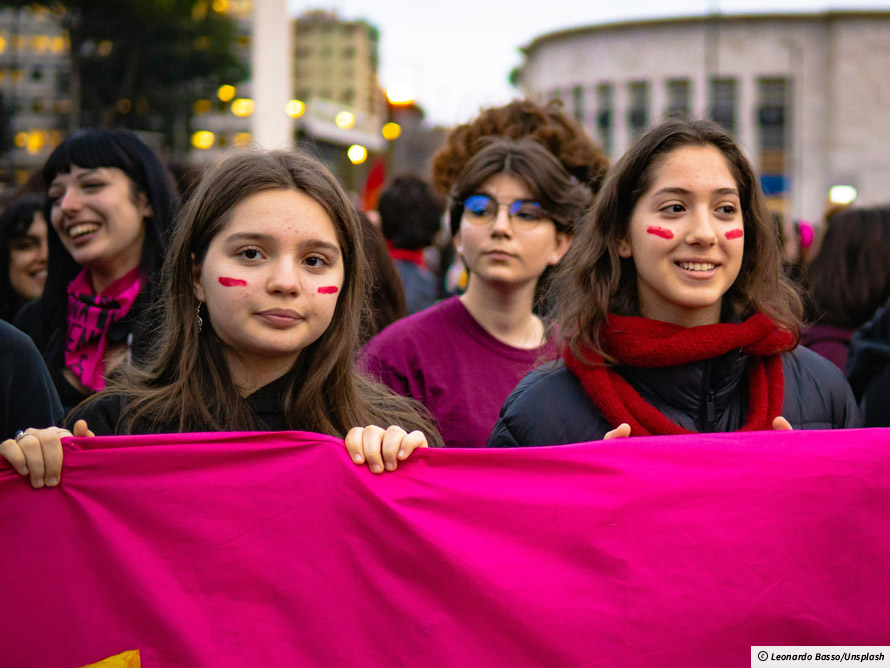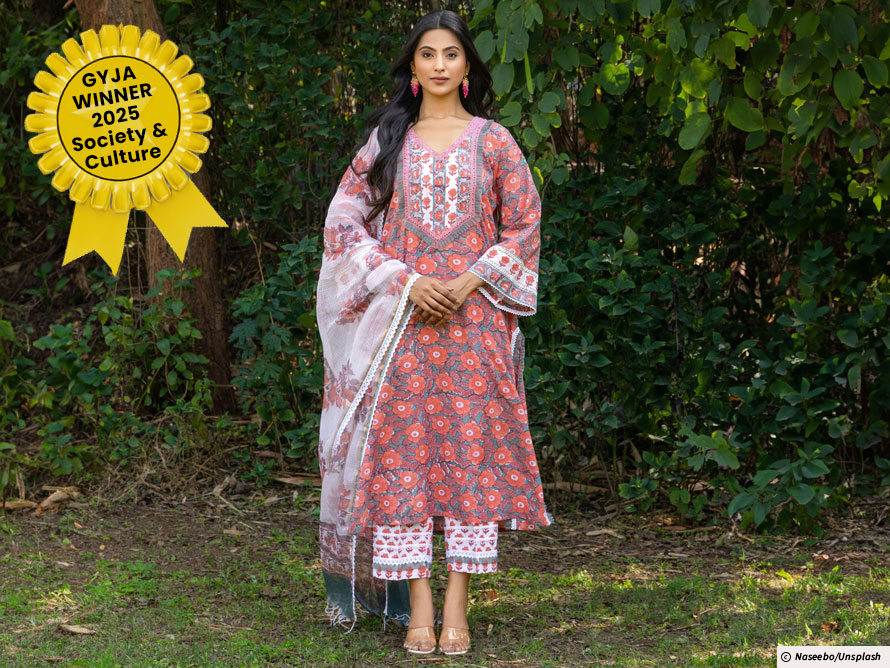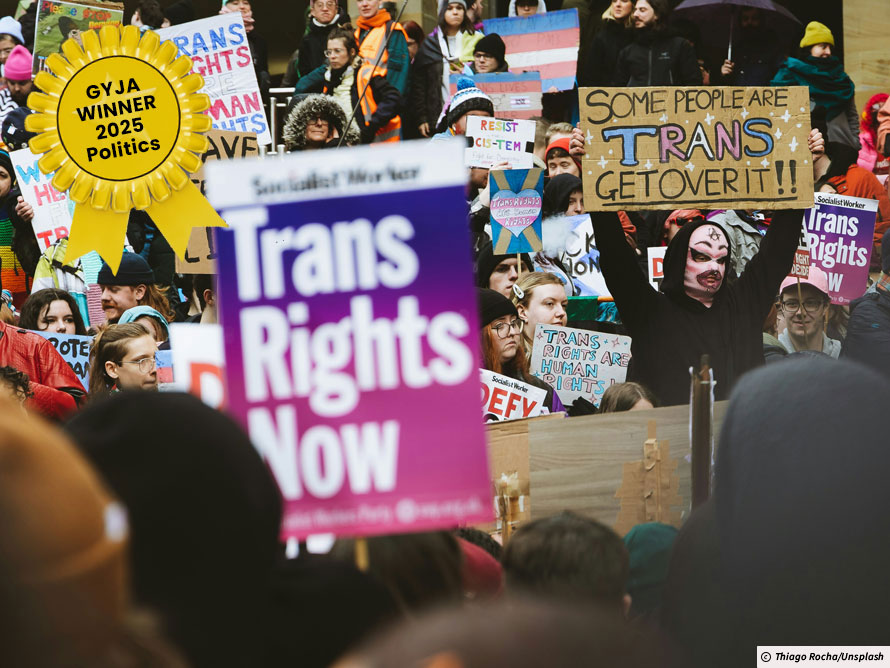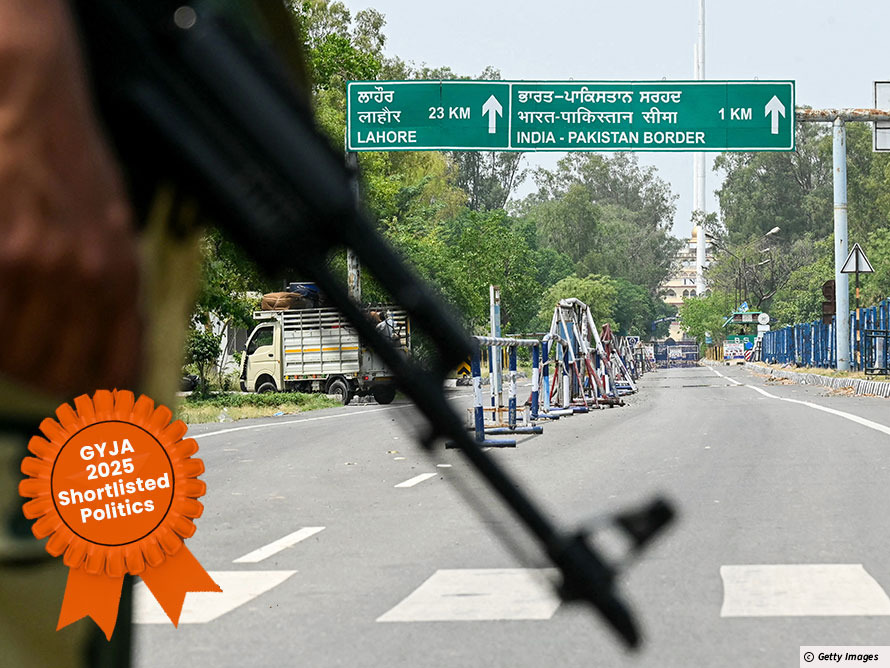Research by NGOs has found that gender equality is stalling or going backwards for one billion women and girls worldwide. Olivia Millar, 12, from the British School of Brussels, says we all have a duty to learn about the issues that women still face.
With International Women’s Day just around the corner, it is a great time to raise awareness of the unfortunate issues women still face in our society today.
- Unequal pay. For centuries, society has not valued women who work. The ILO Global Wage Report shows that women earn on average about 20% less than men, although there are wide variations across countries. For example, South Korea has the largest pay gap in the world with a 31.2% difference and Belgium the smallest gap at 1.1%. Some of the reasons for gender pay gaps include the fact that women tend to work jobs with lower salaries, whilst others are due to unfair pay practices.
- Lack of women in leadership. Society can’t achieve gender equality until there is equal political representation for men and women. According to a survey from Plan International, women still feel “consistently excluded” from politics. Half of the survey participants lived in communities where they felt like it wasn’t okay for girls and young women to be involved in politics. The UN estimates that it will take 130 years for the world to reach gender equality in the highest positions of power. Many young girls today will not have enough role models. This could make them believe that they can’t be successful in politics.
- Sexism and discrimination in the workplace. A major barrier that women face is unfair treatment in the workplace. This can include harassment, from sexist jokes to physical assault. It makes women feel uncomfortable and unsafe in their own place of work.
- Violence towards women. According to experts, over one third of women and girls experience some kind of violence during their lifetimes. The risk of gender violence increases when wars or natural disasters occur. However, domestic violence is the most common form of gender-based violence.
- Threats to reproductive rights. According to the Centre for Reproductive Rights, 40% of women live under restrictive laws. As well as this 6% of women live in countries where abortions are banned completely, meaning if an underage girl were to be assaulted, she would have no right to an abortion.
- Cultural norms and gender stereotypes. Lastly, gender stereotypes and cultural practices are often detrimental to any progress being made towards women’s rights. Our society has sculpted the idea that women are made to do things like cook and clean. This idea has had a massive impact on people’s opinions of the roles women should play. I believe one of the main contributions to a number of these stereotypes is religion. Almost all religions support the idea that the man should support the family, and the women should stay at home. This contributes to sexism.
So how can we raise awareness and show support to women?
We can all take simple actions such as donating to charities that work towards women’s empowerment, and making sure loved ones are educated on the problems women face. We can all point out sexist comments when we hear them. It is our duty.
Interested in submitting your own Student Voices article or video? Find out more here.
Cite
While every effort has been made to follow citation style rules, there may be some discrepancies. Please refer to the appropriate style manual or other sources if you have any questions.














